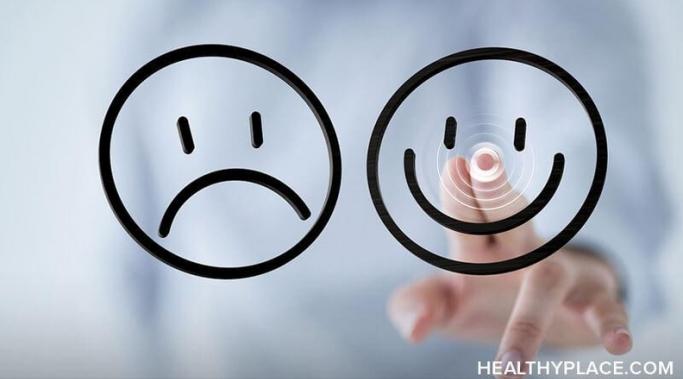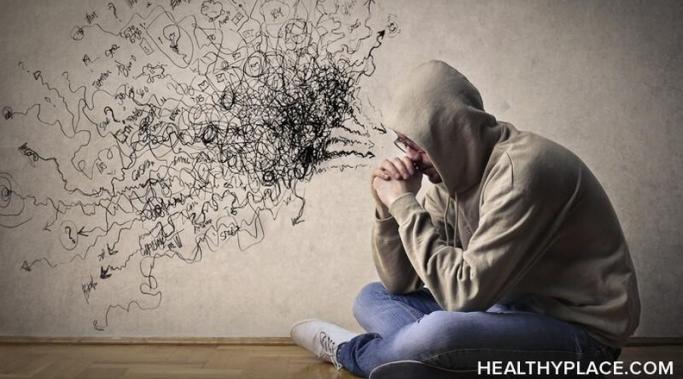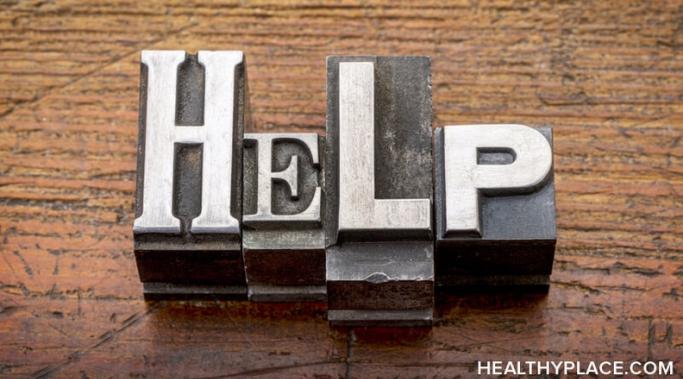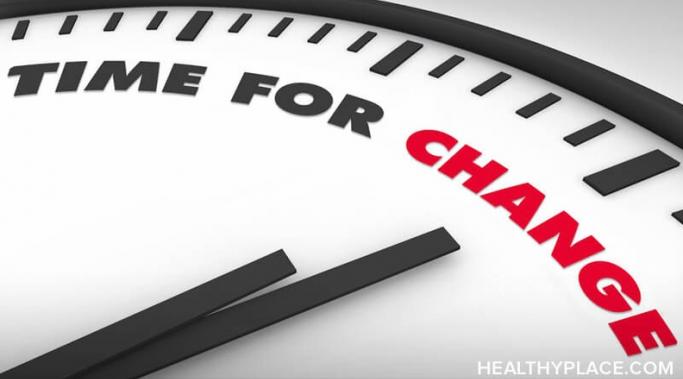One of the most challenging aspects of being a victim of verbal abuse is managing your triggers. As I progress through my healing journey, I am slowly learning how to handle these situations better than before. The most crucial element for me is to remember to avoid falling automatically into a reactive mode when this occurs.
Leaving Abuse
Until only a few years ago, I had no idea how difficult my life would become once I started sharing my story of being a victim of abuse. Although some people close to me already knew some basic information, I kept most of the details to myself. However, as I began my healing journey, it became more necessary for me to share my abuse story so I could move forward and leave my past behind me.
Naturally, every victim of verbal abuse has a unique story. While some circumstances may be similar, each person's healing journey from abuse will take its own path and timeline. For myself, it took many years before I was ready to face my past and deal with it to begin healing. As I continue my journey, I have met and spent time with many other abuse survivors who were at different phases of their healing.
As a victim of verbal abuse, I know how challenging it can be to maintain a continuous fight, flight, or freeze mode daily. Consequently, even after leaving an abusive situation, my brain and body remained in that familiar state. Therefore, as I moved through therapy, one of the methods presented to me was to take a break from absolutely everything. Thankfully, with intensive therapy and the support of friends and loved ones, I found that taking these periodic breaks from my daily routine was beneficial for my healing.
One common trait of abuse victims I've noticed is their resiliency. I found that through the years, I perfected being self-sufficient. This admirable attribute is not as terrific as some may believe, however. My ability to tackle struggles on my own without asking for help is a negative side effect of years of abuse.
Verbal abuse victims can have a negative inner dialog that will haunt them during abuse and long afterward. These prevalent thoughts are not theirs but come from their abusers and continue to destroy their self-esteem even as adults. My situation is challenging since I can still hear the negative words from my childhood, but they also correlate with verbal abuse from adult relationships. For myself, having similar experiences as a child and an adult reinforced the fact that I am not worthy and cannot make the best decisions or do the right things.
Have you ever wondered why you constantly have bad relationships or attract the wrong type of people who exhibit abusive behaviors? For years, I thought there must be something wrong with me, and those were the only kind of partners that wanted me or that I could have. However, after years of therapy and some self-exploration, I've realized that even though abusive partners should not abuse, part of the problem was my choices at the beginning of the relationship.
Not everyone will understand your experience with abuse or your process when you begin to heal. Of course, there will constantly be varying sides, but learning how to live with being okay with their opinions can be challenging. For example, not everyone agreed with my healing process or how I began to talk about my past trauma and my journey for better wellbeing. These opposing sides have been extremely difficult for me to deal with and accept over the last few years.
It is no surprise that I regularly see therapists that help me deal with my past and present. I know now that this can help my future as I continue to heal and move forward into a life that I want and need. However, there were years when I was reluctant to seek therapy for many reasons and constantly lived in a state of anxiety and depression without therapy.
Breaking the cycle of verbal abuse takes time, patience, and self-compassion. No one is perfect when it comes to relationships, and more often than I care to admit, I have spoken words I should not have, with the intent of hurting someone. It is behavior that I am not proud of or wish to continue. Each day, I hope that I will not fall back into old but familiar abusive habits that come too easily when facing difficult situations.









